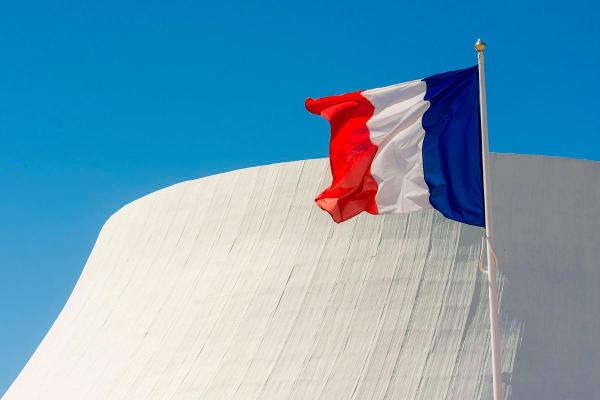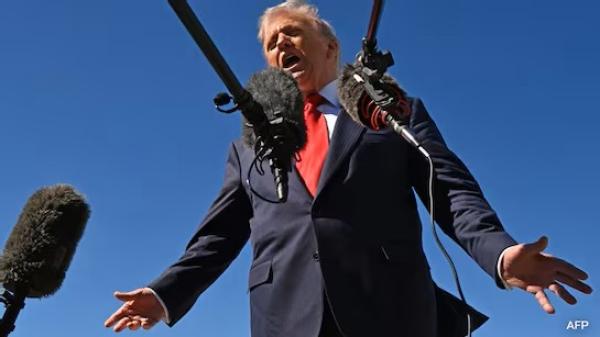
France’s public debt has surged to unprecedented levels, official data revealed Thursday, September 25, creating immense pressure on newly appointed Prime Minister Sebastien Lecornu as he faces both street protests and political instability.
According to the national statistics bureau INSEE, France’s debt reached 3.4 trillion euros ($4 trillion) in the second quarter of the year, representing 115.6 percent of the country’s gross domestic product (GDP). This marks an increase of nearly €80 billion in just three months, making France the European Union’s third-most indebted country after Greece and Italy. The figure is almost double the 60 percent ceiling set by EU fiscal rules.
Lecornu, who stepped into office earlier this month after President Emmanuel Macron appointed him to replace Francois Bayrou, has inherited a volatile situation. Bayrou, who lasted only nine months as prime minister, was ousted by parliament in a row over his austerity-driven budget. Now, just two weeks into his tenure, Lecornu must navigate the same treacherous terrain. He has yet to form a government, but by mid-October he is required to present a new budget to parliament, which must then be voted on before the year ends.
Lecornu has already acknowledged his vulnerable position. In a meeting with union leaders this week, he described himself as “the weakest prime minister of the Fifth Republic,” a striking admission that underscored the challenges ahead. France’s Fifth Republic, established in 1958 under Charles de Gaulle, is known for giving the executive considerable power, but Lecornu’s minority support in parliament leaves him politically exposed.
His predecessor Bayrou had proposed savings of €44 billion to curb the EU’s largest budget deficit and bring France’s spiralling debt under control. Lecornu, Macron’s seventh prime minister since 2017, has promised to chart a different course to ease political tensions, but the latest debt figures highlight the urgency of the situation. Economists warn that any drastic cuts could trigger social unrest, raising fears of another political collapse.
Public anger is already boiling. Unions have called for nationwide demonstrations on October 2, building on the hundreds of thousands who took to the streets last week. The protests have largely targeted Macron, with accusations that his government imposes austerity measures on ordinary citizens while sparing the wealthy from comparable sacrifices.
In an effort to pacify critics, Lecornu has announced symbolic reforms, such as abolishing life-long privileges for former prime ministers and scrapping Bayrou’s plan to eliminate two public holidays. However, analysts say these measures are more cosmetic than substantive.
Economists point out that France’s deficit has been exacerbated by extraordinary spending during the Covid-19 pandemic, subsidies to offset inflation, and unfunded tax cuts. “This deficit is not only a crisis deficit, it’s also structural,” said Mathieu Plane, deputy director of analysis and forecasting at the OFCE economic institute.
As Lecornu prepares his budget, negotiations with opposition parties highlight the scale of the divide. The right-wing opposition is demanding €35 billion in savings, while left-wing parties are willing to accept no more than €22 billion. Experts like Plane caution that stabilising the budget will require a long-term, multi-year strategy that avoids derailing the economy.
Meanwhile, international markets are tightening the screws. Investors have begun demanding higher premiums for French sovereign debt, increasing the country’s financing costs. Earlier this month, US ratings agency Fitch downgraded France’s credit rating from “AA-” to “A+,” warning that without decisive reforms, debt levels would continue climbing until at least 2027.
Francois Ecalle, president of Fipeco, a site specialising in public finances, warned bluntly: “We are not currently in a position that would allow us to stabilise the debt.” He called for spending cuts combined with tax increases, particularly targeting the wealthy. “It is necessary, if only for social and political reasons, to tax the rich a bit more,” he said.
As protests loom and investors watch nervously, Lecornu must now strike a balance between restoring fiscal discipline and avoiding the fate of his predecessor.






















